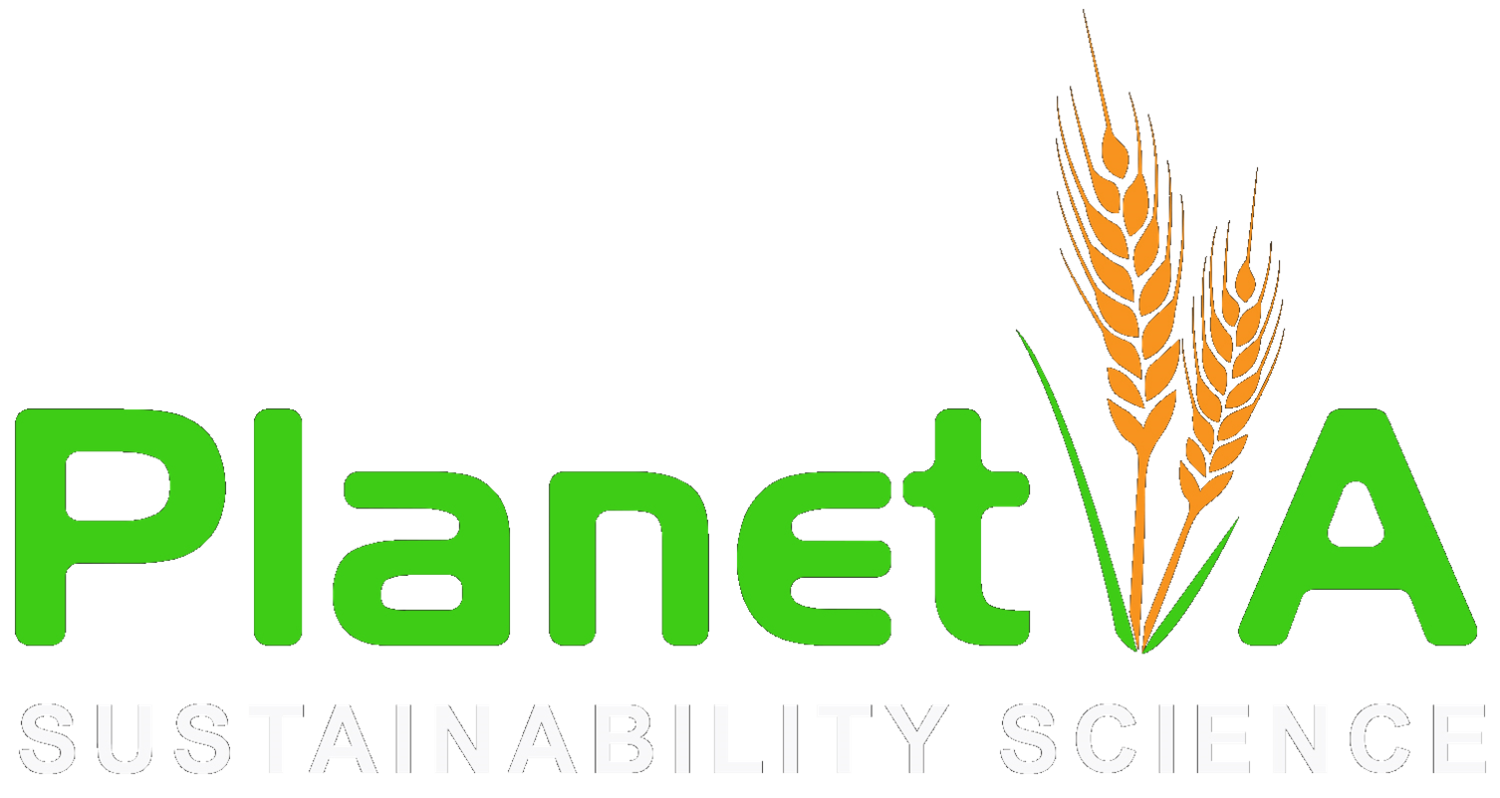Planning for sustainable economic development and biodiversity conservation on Indigenous lands
Co-researcher
Emily Nicholson, Brett Bryan, Kate Hadden, Brett Murphy, Margaret Ayre, Jane Elith, Gurutzeta Guillera-Arroita, Alan Anderson, Tom Kompas
Summary
Sustainable development is critical to reconciling economic growth, human wellbeing and biodiversity conservation across the globe. The complexity of planning for sustainable development is exemplified by the case of the Tiwi Islands in the Northern Territory, Australia. The Tiwi Land Council, the primary decision-making body for land use on the Islands, is seeking to expand economic opportunities for Tiwi communities and to improve social, economic and health outcomes for the Tiwi people, while sustaining the Islands’ unique cultural and biodiversity values.
The Tiwi Land Council has identified a critical need to develop their capacity to make informed decisions about integrated land use planning. To do so, the Council needs: (1) projected impacts of alternative scenarios and land-use options (e.g., economic development, fire management for biodiversity and carbon credits, and new Indigenous Protected Areas), on economic, social and conservation objectives; and (2) methods for integrating these objectives to make decisions that meet the sustainable development, conservation and social goals of the Tiwi people and governments.
This project aims to support decision-making on the Tiwi islands, through new methods for collaborative land-use planning that advance knowledge about trade-offs between sustainable economic development and biodiversity conservation on Indigenous lands. This approach is trans-disciplinary and participatory, integrating Indigenous and scientific knowledge and methods.



